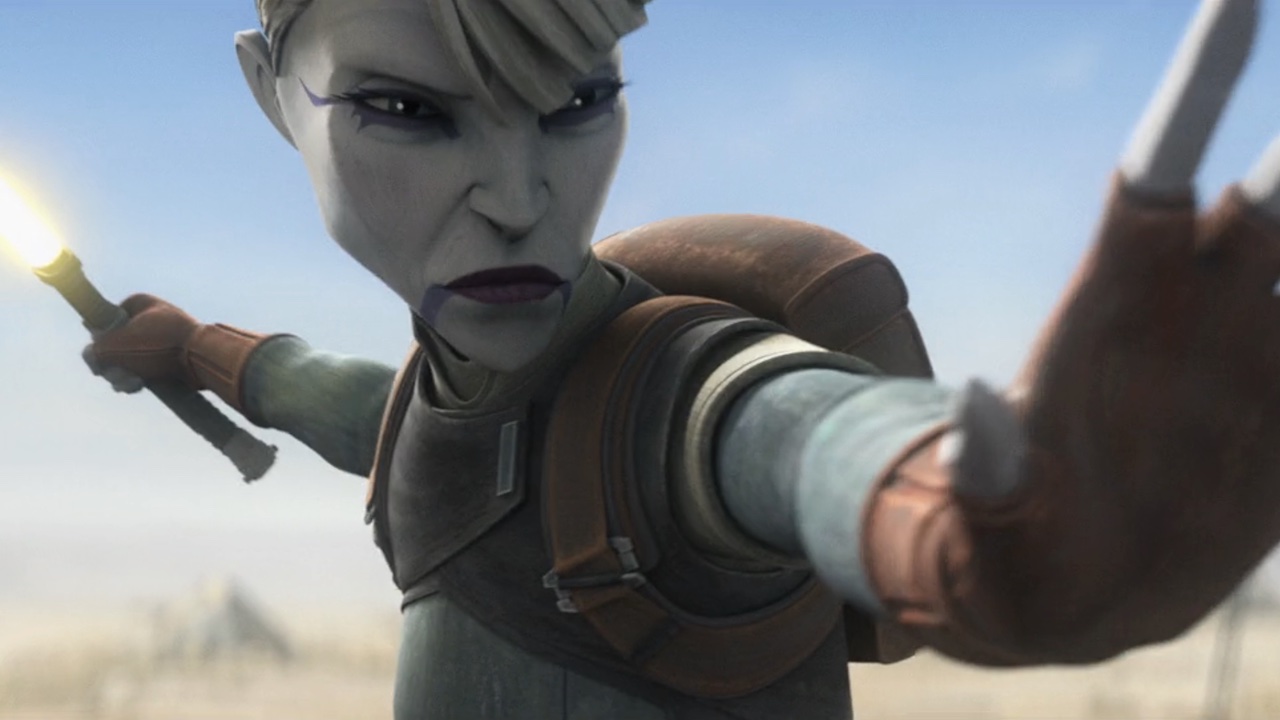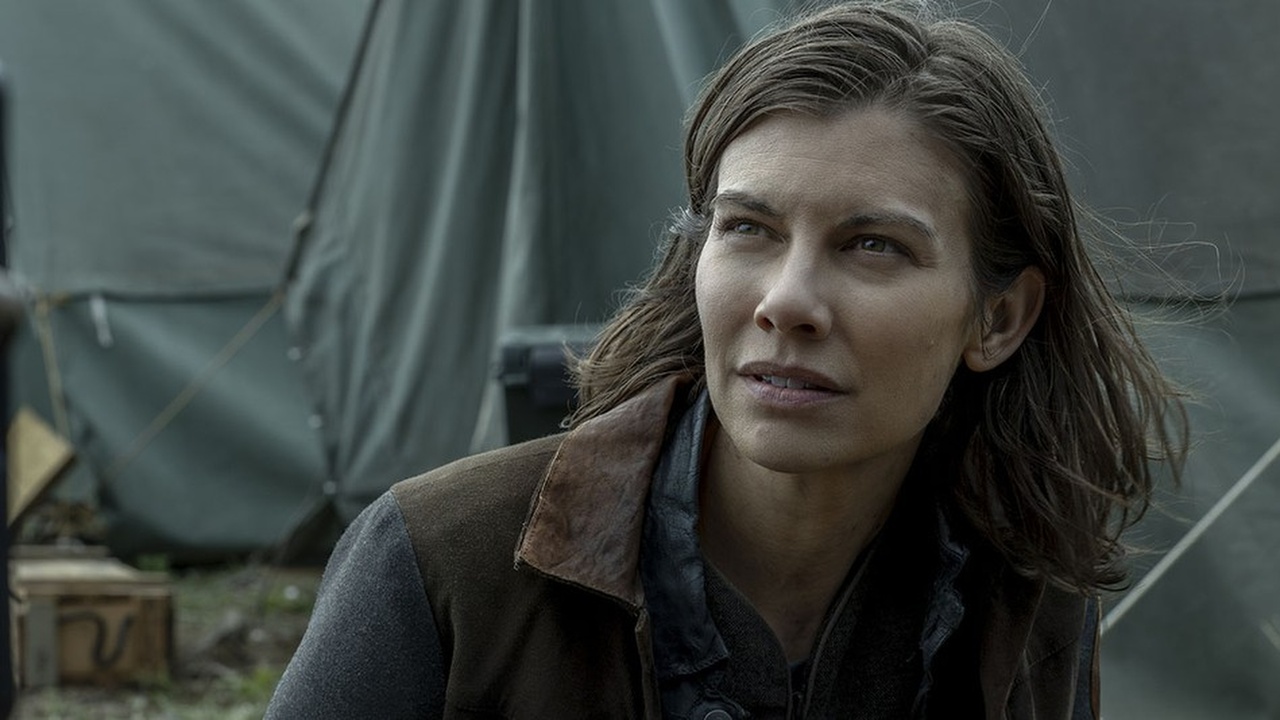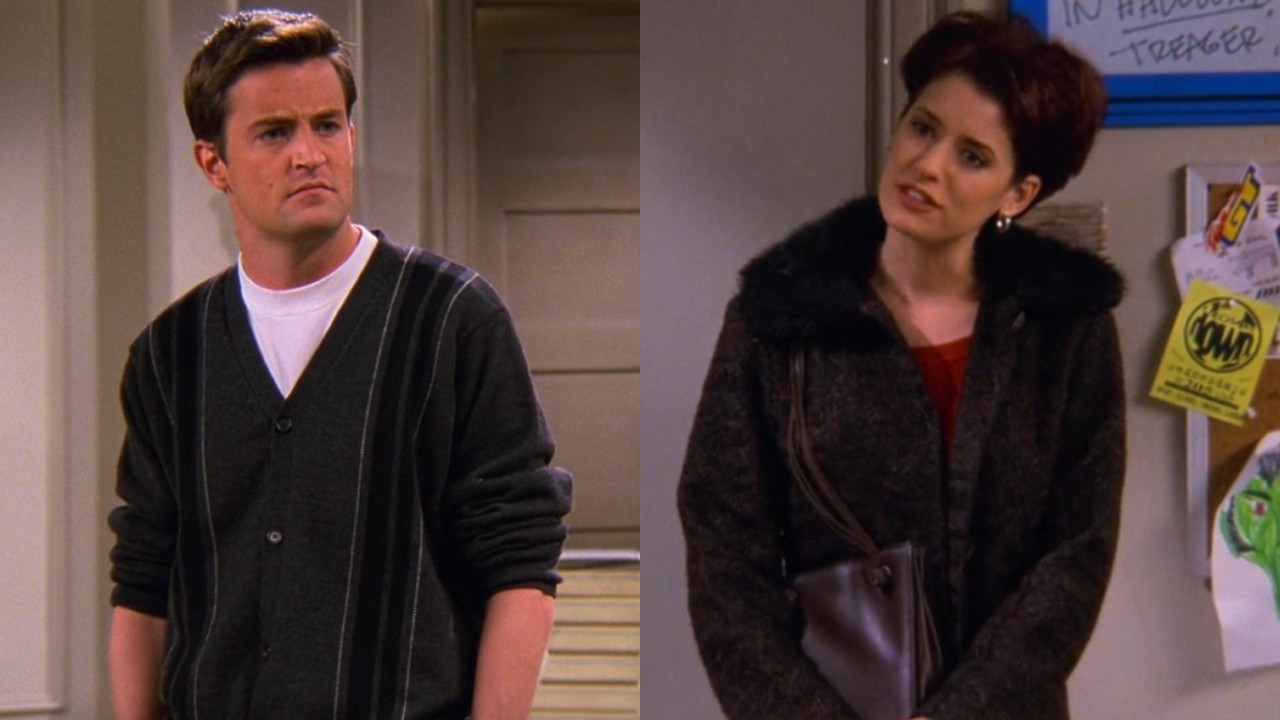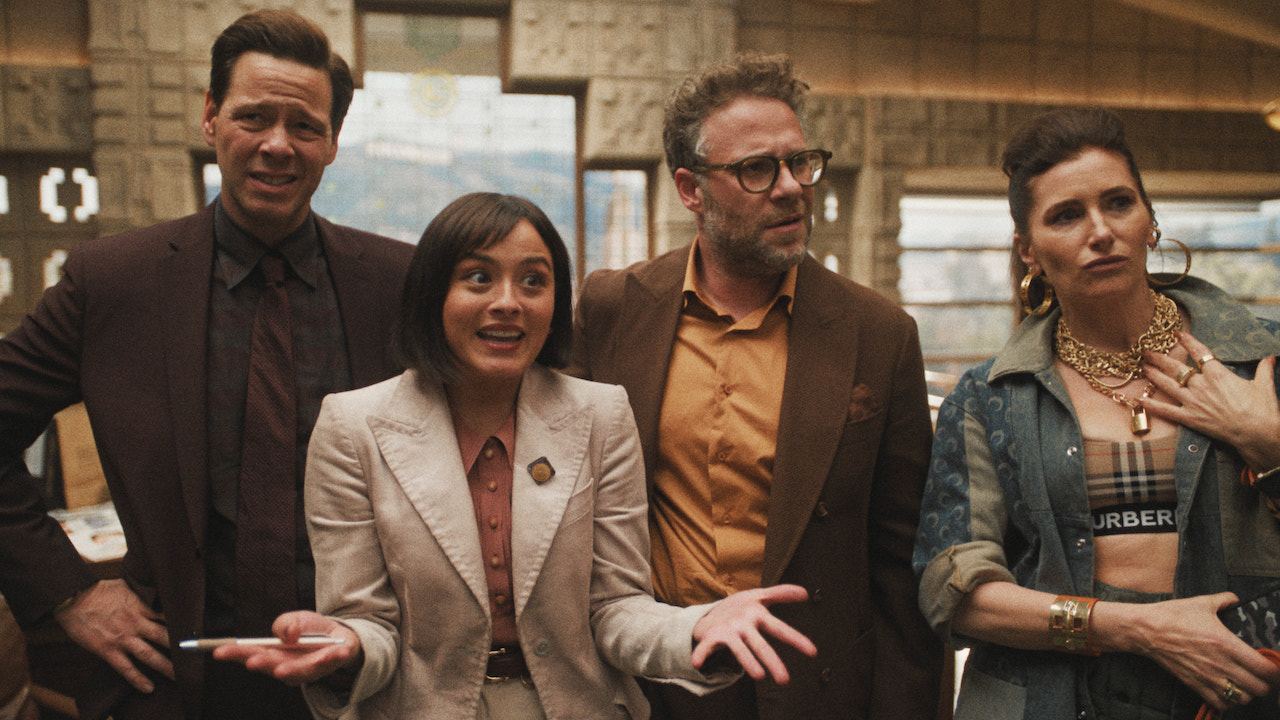
Reviving Thief is no easy task. Eidos Montreal had to cater to long-time series fans who waited a decade for a fourth installment. At the same time, they had to make sure that their nostalgic game was also a compelling, next-gen adventure that could launch a new series.
The story will irritate Thief fans more than it delights them. The last scene from Thief: Deadly Shadows, the third game in the series, showed Garrett meeting a young female pickpocket. Eidos Montreal has decided to use this idea as inspiration for their new game. Erin, now a young adult, has become Garrett's protege. The campaign centers on his journey to find and rescue her from danger.
Garrett was traditionally a selfish loner so a story that pushes him out of his comfortable solitude is interesting. I was never convinced that he did or should give a crap about Erin, though. She's a violent, reckless brat for the opening half-hour that she accompanies the player and that's our only insight into the character. We never got to know the penniless kid that Garrett took in and mentored. We just know the intolerable juvenile delinquent who wound up in trouble because of her own actions. Who would risk their lives to save that person?
What's more troubling is that Erin is the only major connection to the stories of previous games. A direct sequel, especially after a decade, is unrealistic but it's almost as though the first three games didn't happen. The City, the series setting, was dominated in the past by factions like the Hammerites, Pagans, and Keepers. Eidos Montreal has decided to remove them altogether. We're left with a generic City populated by guards and sick people. The town has lost its peculiar character. It may as well be 18th century London.
The City, as it was in Deadly Shadows, is a semi-open world. You can't run from one end of the City to the next. Instead, it's broken into smaller chunks separated by loading screens. The divisions between these city sections aren't always apparent, either; sometimes I'd open a window and find myself in a different neighborhood. This was especially annoying when I was trying to find an objective located on the boundary of two different regions.
The segmented structure of the City would be fine if it resulted in denser, more lively neighborhoods. For the most part, though, all I found in each section are guard patrols, a few ordinary citizens with nothing to tell me, and a few loot stashes. Rooftops, the "Thieves' Highway," are strangely devoid of guards.
Navigating the game world is a cumbersome process. You jump and climb by holding the same "free-run" button when you're in front of interactive objects like grates or walls with claw marks. These objects are in short supply so you have few potential paths through missions areas or the hub city. Rope arrows return from previous Thief games but can only be used on designated wooden beams which, again, are rare. It was hard to get excited about exploring the City because it's just a series of narrow corridors with the occasional gold knife or cup at the end.
CINEMABLEND NEWSLETTER
Your Daily Blend of Entertainment News
The basics of Garrett's craft have stayed mostly intact. A light jewel in the corner of the screen tracks how exposed you are. Walking at different speeds or on different surfaces change the level of noise you produce. Most unaware enemies can be taken out from behind with a single blackjack strike. Garrett can use gadgets like flash bombs and water arrows to escape notice.
Garrett's newest edge is called Focus. This ability allows him to see crucial objects (like loot or enemies or ledges) highlighted in light blue. The player can eventually gain other abilities that tap their finite supply of Focus. For example, they can expend Focus to move more silently.
Stealth is still king, though. Garrett doesn't have the arsenal of Agent 47 or magical powers of Corvo so if you're caught, it's neither fun nor rewarding to go on a killing spree. You can pummel an alert enemy into submission with multiple blackjack strikes but he'll probably get a few hits in before you can. His friends might also show up before you're finished. Arrows, meanwhile, are in short supply and aren't as effective against an enemy who sees it coming.
The game allows you to tailor the stealth experience to your tastes, too. Upgrades, Focus, and individual UI elements can all be turned off. You can even restrict yourself from killing other enemies, saving the game between chapters, or respawning at all. Square Enix should get credit for allowing players this level of control over their experience. With a few changed settings, Thief becomes a completely different game.
Small acts of thievery like pickpocketing a noble as he walks by or dropping a guard with a single arrow are still satisfying even years after the first Thief. However, it did feel like the old formula was wearing thin at times thanks to a mixed-bag of missions. There were some great moments but they were then followed up with mandatory chase scenes or poorly designed puzzles. Only rarely, like during the descent into a haunted asylum, does Thief feel like the tense, free-wheeling stealth experience it's supposed to be.
Eidos Montreal didn't butcher Thief with their revival. In many ways, it's very faithful to the original series and long-time friends of Garrett may enjoy themselves. However, it's an uneven experience that won't be as fondly remembered as the older games that inspired it.
Players: 1
Platforms: PS4 (reviewed), Xbox One, PC, PS3, Xbox 360
Developer: Eidos Montreal
Publisher: Square Enix
ESRB: Mature
Rating:

Staff Writer at CinemaBlend.











